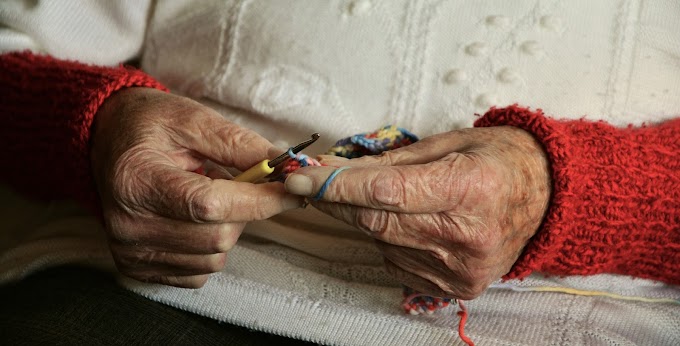A lipid panel, also known as a lipid profile or lipid profile test, is a blood test that measures various types of lipids (fats) and cholesterol in your bloodstream.
It provides important information about your cardiovascular health and helps assess your risk for developing heart disease or other related conditions.
A typical lipid panel usually includes the following components:
Total cholesterol:
This measures the total amount of cholesterol in your blood, including both high-density lipoprotein (HDL) cholesterol (often referred to as "good" cholesterol) and low-density lipoprotein (LDL) cholesterol (often referred to as "bad" cholesterol).
HDL cholesterol:
This measures the level of high-density lipoprotein cholesterol, which is considered beneficial for your health. HDL cholesterol helps remove LDL cholesterol from your bloodstream and can reduce the risk of heart disease.
LDL cholesterol:
This measures the level of low-density lipoprotein cholesterol, which is often associated with an increased risk of heart disease. LDL cholesterol can build up in the arteries and form plaques, leading to narrowing and hardening of the arteries.
Triglycerides:
Triglycerides are a type of fat that circulates in your blood. High levels of triglycerides are associated with an increased risk of heart disease. They can be influenced by factors such as diet, obesity, physical activity, and alcohol consumption.
Non-HDL cholesterol:
This is calculated by subtracting the HDL cholesterol level from the total cholesterol level. It represents the total cholesterol minus the "good" cholesterol and gives an indication of the cholesterol carried by LDL and other non-HDL particles.
The ratio of total cholesterol to HDL cholesterol: This ratio provides an assessment of the balance between "good" and "bad" cholesterol in your blood. A higher ratio indicates a higher risk of heart disease.
The results of a lipid panel test can help your healthcare provider evaluate your risk of cardiovascular disease, guide treatment decisions, and monitor the effectiveness of cholesterol-lowering interventions such as lifestyle changes or medication.
It's important to interpret the results in conjunction with other risk factors and medical history to get a comprehensive understanding of your cardiovascular health.
If you have a question or comment or any discussion, please call or send a message.
Our Address:
Hope Diagnostics and Research Laboratory
Unit-3, 34, behind Ram Mandir, Ekamra Vihar, Kharvela Nagar, Bhubaneswar, Odisha 751001
Call Us: 09238582444 / 7894132927









